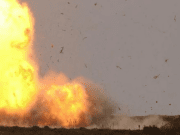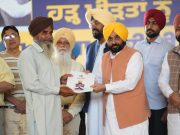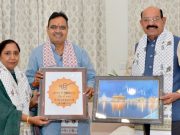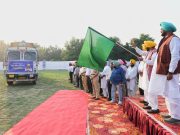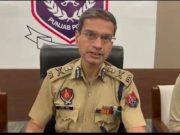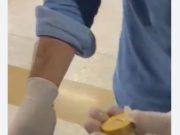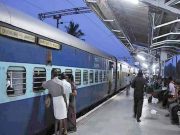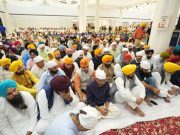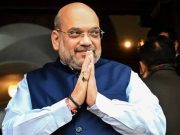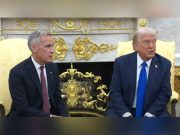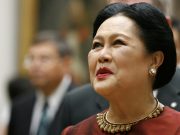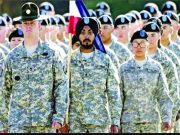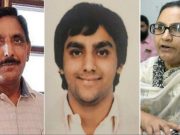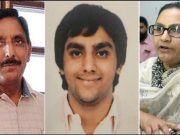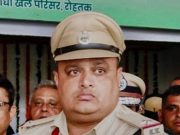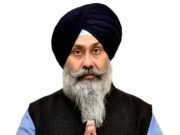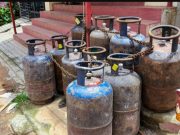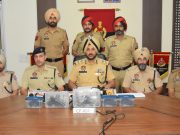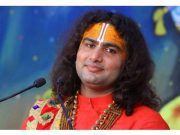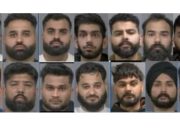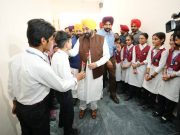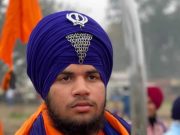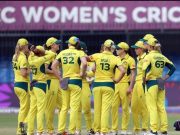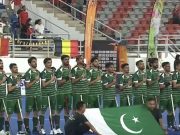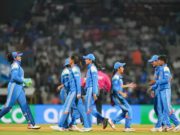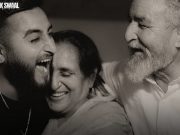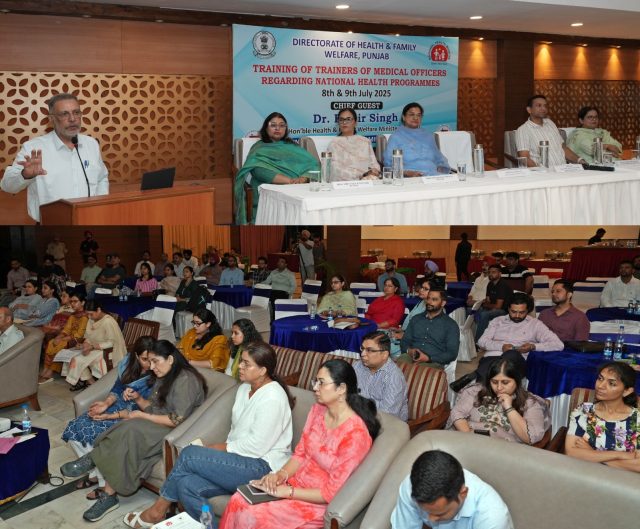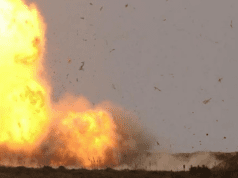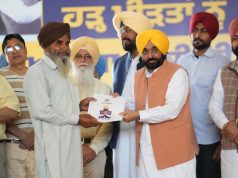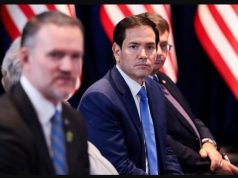PUNJAB TO TRAIN MEDICAL OFFICERS IN ADVANCED CRITICAL CARE FOR GOLDEN-HOUR EMERGENCIES
— Health Minister Dr Balbir Singh announces Ambitious Training Drive to Revolutionise Health Services in Punjab
— Punjab to get 1,000 new Medical Officers soon: Dr Balbir Singh
— Health Minister also announces state awards for doctors to honour outstanding contributions in medical service
CHANDIGARH, July 9:
In a significant move to enhance emergency healthcare services, Punjab Health and Family Welfare Minister Dr Balbir Singh on Wednesday announced an ambitious plan to train at least two Medical Officers (MOs) per district in advanced critical care at premier institutions, equipping doctors with advanced skills to manage ICU and trauma cases effectively across Punjab.
Presiding over the two-day Training of Trainers (ToT) program on National Health Programs and MLR/PMR for Medical Officers on the concluding day here, Dr Balbir Singh emphasised that this initiative will bridge gaps in emergency care and ensure timely treatment during the “golden hour” – the critical window that often determines patient survival rates.
“Every second counts in saving lives. Punjab will set new benchmarks in golden-hour care, ensuring that no patient is left behind,” he said, while citing the success of the STEMI project, which has drastically reduced cardiac mortality through timely treatment.
The event brought together dedicated doctors from all 23 districts, reinforcing the state’s commitment to accessible, equitable, and high-quality healthcare for all.
Terming doctors as the backbone of the healthcare system, the Health Minister said that their (doctors’) dedication and expertise will shape a healthier and more resilient Punjab. “We are not just treating diseases. We are building a healthcare system that prioritises prevention, timely intervention and compassionate care.”
Emphasising humane treatment of psychiatric patients, including those battling addiction, he said that the Chief Minister Bhagwant Singh Mann led Punjab Government is integrating skill development programs with medical care to support recovery and societal reintegration. “Mental health is a priority. We will provide not just treatment but also opportunities for rehabilitation and empowerment,” he affirmed.
Dr Balbir Singh informed that Punjab is all set to recruit 1,000 new Medical Officers, who will undergo specialised induction training before being deployed to rural, border, and remote areas. This initiative aims to bridge the urban-rural healthcare divide and ensure that quality medical services reach every corner of the state, he added.
He said that to enhance capacity, critical care and emergency training programs, Senior Medical Officers (SMOs) are being sent to IIM Ahmedabad to undergo advanced training, while psychiatrists underwent specialised psychiatric care programs at AIIMS, Delhi to integrate mental health services into primary care.
The Health Minister announced the introduction of state awards to honour outstanding contributions in medical service and public health programs. Additionally, Punjab is bolstering its disease surveillance mechanisms through State Working Groups and District Coordination Committees, ensuring swift responses to health threats.
Reiterating the government’s commitment to Universal Health Coverage, the Health Minister emphasised the importance of retaining medical specialists in public service and ensuring the availability of free essential drugs.
Concluding his address, the Health Minister praised the medical fraternity, calling them “the chosen architects of Punjab’s healthcare future.” He reaffirmed the government’s unwavering commitment to innovation, equity, and excellence in health services, setting a bold vision for a healthier Punjab.
Special Secretary Health-cum-MD NHM Ghanshyam Thori, Director Health and Family Welfare Dr Hitinder Kaur, Director Family Welfare Dr Jasminder, Deputy Director Dr Navjot Kaur, Deputy Director Dr Surinderpal Kaur, Principal SIHFW Dr Pommy Chatrath, Dr Amandeep Kaur Warring were also present on the occasion.
———


